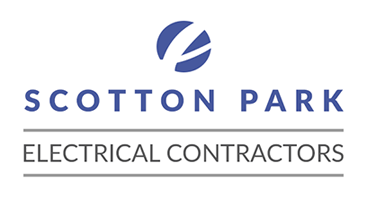Do you have issues with high sickness levels effecting your company’s productivity and bottom line? Do you want to take a harsh line with someone who has lots of ad hoc sick days or is on long term sick? Or are you frozen with fear to do anything about this because you’re worried you’ll get it wrong?
You hire a team to cover the work required and to make your business not just tick – but thrive. So, if someone isn’t showing up then what happens? Basically, it’s either down to you or the rest of the team to pick up the extra workload.
This may fine in the short term – but if the days off become lengthy or more frequent, the people doing the extra work will start to feel resentful, suffer possible burn out and will start making mistakes as they’re simply juggling too much.
Or…the alternative is the work simply doesn’t get done and your bottom line starts to drop (*giggle)
A whopping 185 million working days are taken in a year costing the economy over £18billion. That’s an average of 5.7 days per person. Of course, people cannot avoid getting sick or injured but you need to keep track of who’s off and when so if a particular person’s sickness levels are becoming a concern you have all the facts in front of you and can start to address it.
Here’s a few tips on handling absence:
- Have clear and up to date sickness and absence policies. Detail what contact should be made if sick and make sure it’s being adhered to.
- Record all absences and set up absence triggers which flag up when someone is off more than what may be deemed acceptable. Exercise caution though with some absences, such as pregnancy related, disability or anything work related. If in doubt, give Mint a shout.
- Complete a return to work form for each absence — whether they have self-certified or had a doctor’s sick note. Even just a 5 minute chat to check in and to show that absence is on your radar.
- Review sickness against all other reasons for absence; holidays, personal leave, medical appointments. Only with that full overview can you spot if there’s any patterns to sickness in play.
- Provide support and training for line managers in effective absence monitoring and management.
- View all sickness as genuine, unless you’ve got evidence to demonstrate otherwise. Often people say ‘we can’t do anything about this because it’s genuine’. Yes, you can if the situation is untenable.
- Tap into the professionals. Seek HR support and refer to Occupational Health when the time is right.
If you have team members off more than is acceptable or workable, meet with them to identify the true cause of the absence and try and get to the root of the problem. Be sensitive and supportive and work to find a solution that helps them get back to the work.
Dismissal should ALWAYS be the last option – but may be necessary due to medical capability. It’s essential that companies manage the absence and all consequent actions correctly to prevent the potential of an unfair dismissal or discrimination case against them. As of April 2023, the cap on awards is an annual salary (or £105,707 whichever is lower) — so getting it wrong could cost you.








